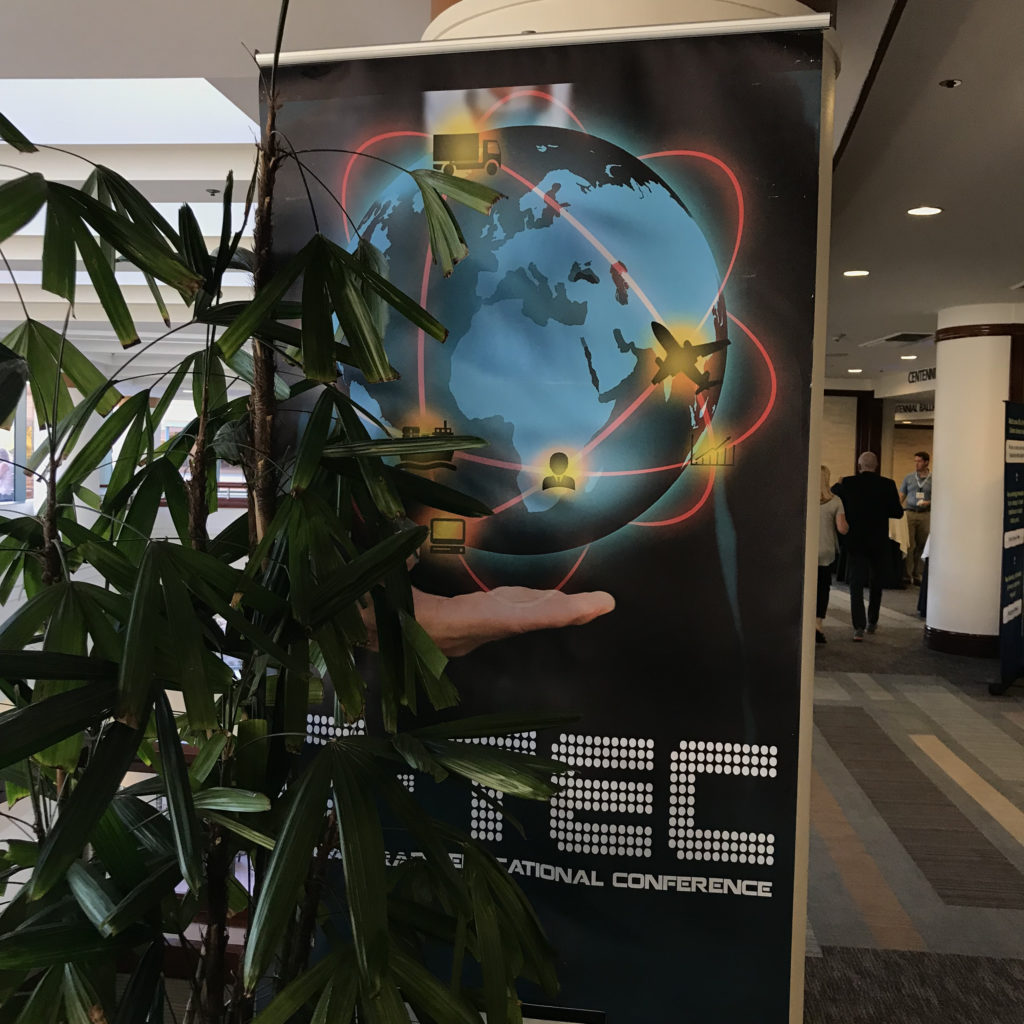This past week, the NCBFAA’s Educational Institute was in Long Beach for two days of educational sessions. The G-TEC Conference is unique because it draws not just Customs brokers and freight forwarders, but importers and exporters as well. We find that this is extremely useful for a few reasons, not the least of which is that it is beneficial for partners in the international supply chain to hear and understand together how things are supposed to function.
We wanted to take a few minutes to key on the takeaways that we found to be the most educational and important for our customers. If you have questions about any of the topics covered below, do not hesitate to contact us.
Antidumping / Countervailing Duties and Scope Determinations.
It is not in the best interest of Customs brokers to give advice on whether or not an imported product falls within the scope of an antidumping case. We were counseled by an attorney with a prominent law firm who represents both brokers as well as importers and exporters that only the Department of Commerce can issue a scope determination.
Intellectual Property Rights (IPR) is a Priority Trade Issue (PTI) for Customs.
IPR, whether a trademark, a copyright or a chemical formulation is an issue that CBP is very heavily focused on. This year, as Customs has focused processing of key industries in their Centers of Excellence and Expertise, CBP officers and support staff have visibility into all the entries filed for a particular type of merchandise and can exercise greater targeting against counterfeit or infringing merchandise. CBP takes a dim view of merchandise brought into the country in violation of a company or individual’s IPR and will not only seize merchandise, but will prosecute civilly and criminally to the fullest extent of the law.
Carnets can be decremented in transit.
A carnet is a document by which goods can enter and leave member countries duty-free as long as they are not changed in condition. This is great for things like touring musical or theatre acts, machinery traveling to exhibitions around the globe and other eligible situations. But did you know that carnets can be used for things like items sold on cruise ships in international waters? Goods leave the country on board listed on a carnet and whatever is sold at sea can legitimately be decremented from the carnet without incurring a penalty.
Forced labor will not be tolerated.
The president of one of the major industry sureties said that another key item that CBP is focused on is forced labor. The Department of Labor actually maintains an app called “Sweat & Toil: Global Child Labor and Forced Labor” (downloadable here) to know more about prison and forced labor conditions. It doesn’t matter if the goods are above or below the de minimis threshold of $800, CBP will enforce the rule either way. 
We learned that forced labor generates $150 billion in profits each year.
Here in California, companies are even subject to the California Transparency in Supply Chains Act. In the UK, any companies doing more than USD 20 million in turnover are required to have a social compliance program.
These are just a few of the topics that we learned about during this valuable two-day conference. For more information, please contact Troy Sampson in our Los Angeles office who attended and can share more.

